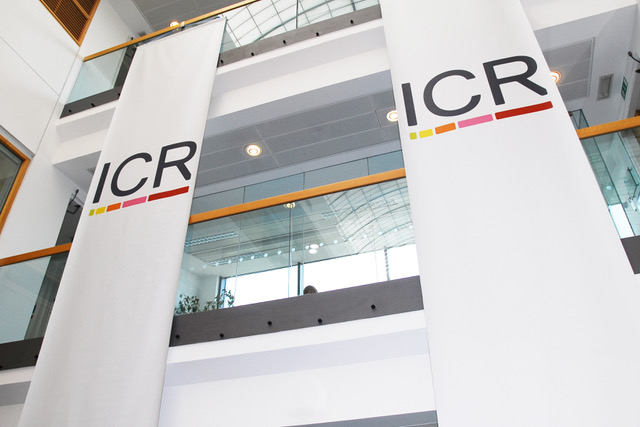Request Demo
ICR study increases understanding of advanced breast cancer complication
20 Dec 2023

Preview
Source: PMLiVE
Researchers at the Institute of Cancer Research (ICR)Cancer Research (ICR) have increased the understanding of a complication of advanced breast cancer which could help to develop effective treatments.
Researchers implanted patients’ breast cancer leptomeningeal metastasis (BCLM) cells into mice to create models of the disease to advance research into the secondary form of breast cancer.
Estimated to affect one in 20 people with metastatic breast cancer, BCLM occurs when breast cancer cells spread to the two layers of tissue lining the brain and spinal cord, known as leptomeninges.
Funded by Breast Cancer Now, researchers from the ICR’s Breast Cancer Now Toby Robins Research Centre investigated multiple and less invasive ways of obtaining material to analyse liquid biopsies.
Researchers collected samples of these bodily fluids to reveal information about the rare form of breast cancer and its interactions with its environment.
The study covered all 20,000 genes in both plasma and cerebrospinal fluid (CSF) from five patients, in addition to tissues from the original breast cancer tumour and other sites where the cancer had spread, to compare genetic material of BCLM cells.
Using disseminated tumour cells to create 3D culture models, researchers simulated a physiological environment where cells can interact with their surroundings to further understand BCLM.
The findings revealed that BCLM cells spread early from the primary breast tumour and acquire features typically associated with lobular breast cancer, which develops in the glands that produce breast milk.
Additionally, researchers found that blood-brain and blood-CSF barriers shield cancer cells in the leptomeninges to some extent, with plasma cfDNA being more affected than CSF cfDNA by chemotherapy.
“We hope that our models and discoveries serve as valuable resources for other researchers in this area” and “we are optimistic that we will be able to discover better treatments for people with this type of breast cancer spread,” said Clare Isacke, professor of cell molecular biology and dean of academic and research affairs, ICR.
For more details,please visit the original website
The content of the article does not represent any opinions of Synapse and its affiliated companies. If there is any copyright infringement or error, please contact us, and we will deal with it within 24 hours.
Organizations
-Indications
Targets
-Drugs
-AI Agents Built for Biopharma Breakthroughs
Accelerate discovery. Empower decisions. Transform outcomes.
Hot reports
Get started for free today!
Accelerate Strategic R&D decision making with Synapse, PatSnap’s AI-powered Connected Innovation Intelligence Platform Built for Life Sciences Professionals.
Start your data trial now!
Synapse data is also accessible to external entities via APIs or data packages. Empower better decisions with the latest in pharmaceutical intelligence.


